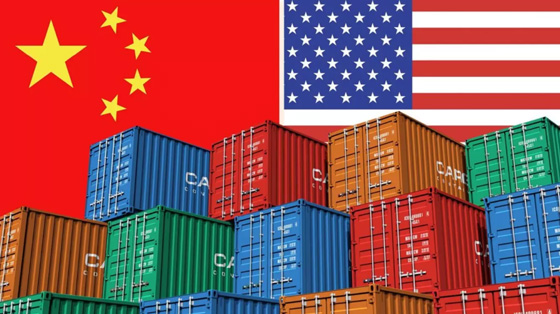Susan Ariel Aaronson, Research Professor of International Affairs, Elliott School of International Affairs, GWU
Kimberly Ann Elliott, Visiting Fellow, Center for Global Development
Mar 22, 2017
In a February 24th speech, U.S. President Trump made his strategy for trade policy clear. The U.S. will negotiate bilateral, rather than regional or multilateral agreements, and favor U.S. producers rather than market forces. Trump’s approach to trade policy means radical change for the world’s longtime leader of efforts to reduce global trade barriers with trade agreements.
Zhang Jun, Dean, School of Economics, Fudan University
Mar 20, 2017
Last month, China commemorated the 20th anniversary of the death of Deng Xiaoping, the chief architect of the economic reform and opening up that catapulted the country to the top rungs of the global economic ladder. The anniversary comes at a time when economic openness is under threat, as the United States is now being led by a president who believes that the way to “make America great again” is to close it off from the world.

Dan Steinbock, Founder, Difference Group
Mar 10, 2017
By the early 2020s, rivalry for innovation will accelerate between the U.S. and China. Ironically, the Trump White House has opted for a poor-economy industrial policy, whereas China has embraced a rich-economy policy.
He Weiwen, Senior Fellow, Center for China and Globalization, CCG
Mar 06, 2017
Since the 2008 global financial crisis, no linkages have been found between the changes in US trade deficits and exchange rates. Chinese exports have grown when global market conditions improve, even in years when the RMB was strong against the dollar.
Harry Krejsa, Research Associate, Center for a New American Security
Mar 01, 2017
President Trump, in clinging to this narrative, promises to fight a war long past with weapons that are likely to hurt his allies as much as his supposed enemy. Hardly a vision of America being made great again.
Zhong Wei, Professor, Beijing Normal University
Feb 28, 2017
The new US president has demonstrated his ability to act and a sense of urgency to “Make America Great Again” through a flurry of executive orders, and he will recognize that the United States and China, the two most important countries in the 21st century, can work to ensure that the American Dream and the Chinese Dream will go hand in hand with no contradiction.
Patrick Mendis, Visiting Professor of Global Affairs, National Chengchi University
Feb 16, 2017
Apart from various niches of the political and academic intelligentsia, America’s relationship with China is one that continues to be largely and mutually beneficial but misunderstood, and one that is generally swept under the carpet in favor of America’s Euro-centric view of the world.
Lawrence Lau, Ralph and Claire Landau Professor of Economics, CUHK
Xikang Chen, Professor at the Academy of Mathematics and Systems Science, Chinese Academy of Sciences
Yanyan Xiong, Associate Professor of Economics, China Southeast University
Feb 22, 2017
A more nuanced approach that includes additional perspectives shows that the true U.S. deficit may be as low as US$132.7 billion.
Alicia Garcia Herrero, Chief Economist for Asia Pacific at NATIXIS and Senior Fellow at Bruegel
Feb 21, 2017
While the outcome is uncertain, it is clear that Trump’s attempt to shake up current bilateral relations between the two superpowers will be a key theme for 2017 globally. We expect that China will take a wait-and-see approach, especially in front of the 19th National Congress of the CPC later this year. However, as the U.S. shies away from multilateral or regional trade agreements, such as TPP, China will quickly fill the space.
Matt Ferchen, Nonresident Scholar, Carnegie-Tsinghua Center for Global Policy
Feb 07, 2017
Even before the election of Donald Trump or Xi Jinping’s debut at the World Economic Forum in Davos, two mutually contradictory frameworks for understanding China’s international economic and geopolitical influence, one emanating from increasingly hawkish U.S. pundits and the other from China’s top leaders, had taken shape. However, by recognizing and even embracing the complexity of China’s domestic and international political economy, new opportunities for productive engagement may replace growing strategic competition.